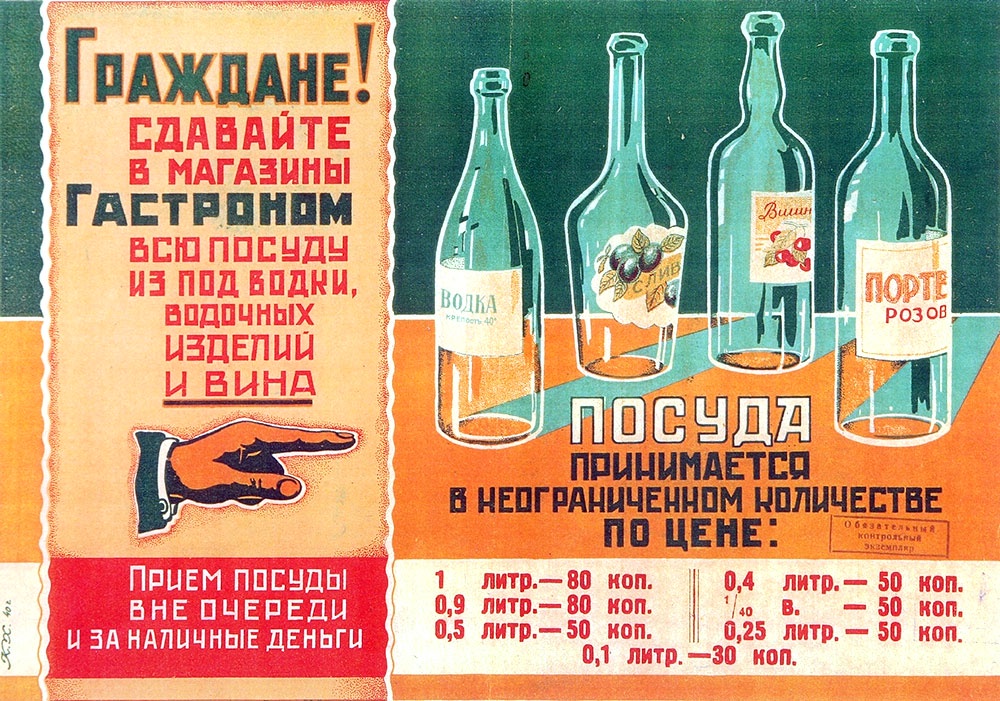
Revived Soviet Tradition: Azerbaijan Encourages Waste Recycling with Tree Seedlings
In an effort to tackle waste and promote environmental awareness, Azerbaijan’s Ministry of Ecology and Natural Resources is revisiting a familiar Soviet-era practice: recycling glass and household waste. This time, however, the reward is not spare change but a greener future—quite literally.
On November 21 at 2:00 PM, the Ministry will launch its first "Trade Trash for Seedlings" campaign. The event, held in front of the Bravo supermarket near Koroğlu metro station, offers citizens an eco-friendly incentive to dispose of their waste responsibly. Participants can exchange 35 liters of empty plastic bottles, 5 liters of glass bottles, or ten used batteries for a free seedling, which they can plant in a location of their choice.
The initiative, jointly organized by the Ministry of Ecology and the Bravo supermarket chain, is part of broader efforts to instill waste-sorting habits and proper disposal practices among Azerbaijanis. The Ministry’s website notes that the campaign aims to raise public awareness about the benefits of recycling while offering a tangible reward that contributes to environmental restoration.
The campaign resonates with a practice familiar to many older Azerbaijanis who remember recycling as an integral part of daily life in Soviet times. Back then, families regularly returned empty glass bottles to stores, receiving modest but meaningful sums in return—10 kopecks for a half-liter bottle (enough for an ice cream cone or half a kilogram of white bread), a contribution that supplemented many household budgets.
Fast forward to today, and Azerbaijan's recycling economy has evolved. Attempts to introduce modern recycling systems, such as automated "reverse vending machines," have largely failed. These machines, designed to accept bottles and issue small monetary rewards, were installed in major supermarkets across Baku but soon fell into disrepair or failed to offer sufficient incentives for widespread use.
Some small suburban stores and vendors still accept glass jars, offering a symbolic 10 kopecks per jar. However, with inflation and rising prices, the purchasing power of these kopecks pales in comparison to their value in Soviet times, making this practice less appealing to modern consumers.
The Ministry’s "Seedlings for Trash" initiative aims to revitalize recycling by linking it to a cause that resonates with Azerbaijan’s environmental aspirations. Beyond cleaning streets and public spaces, the campaign aligns with national goals to expand green spaces and mitigate the effects of climate change.
Organizers hope the visible reward of a seedling—a symbol of growth and sustainability—will inspire citizens to rethink their approach to waste. “It’s not just about recycling; it’s about fostering a culture of responsibility and environmental care,” a Ministry representative said.
While the initiative has drawn public interest, its success will depend on logistical execution and sustained community participation. Previous attempts to implement systematic recycling faced hurdles, including public skepticism and a lack of infrastructure.














2 comment
Ч
2024-11-19
Да, ладно сказки рассказывать! Эта власть сама деревья и уничтожает. Могу показать документально
Elvis
2024-11-20
Эта реклама была эффективна в советское время, когда алкаши, сдав пустые бутылки на следующий день после выпивки , надеялись найти деньги для новой бутылки чтоб облегчить похмелье.